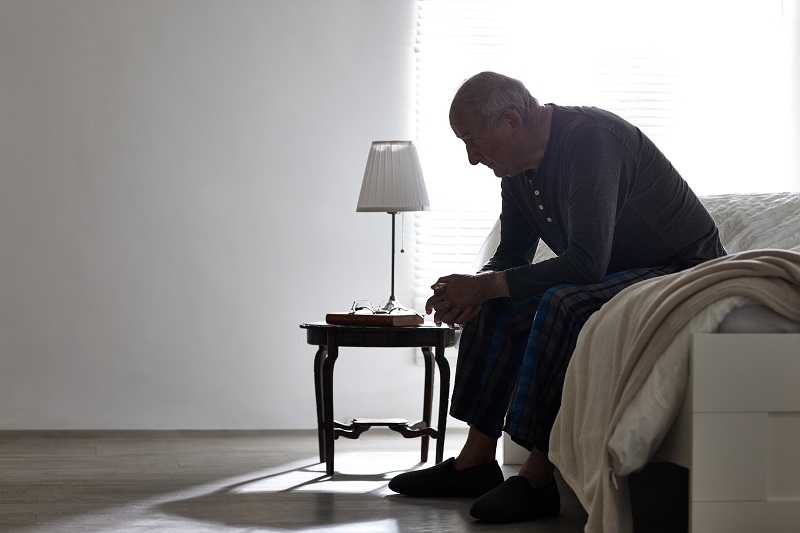When the elderly turn to substance abuse

In this session of Caregiver Tip Tuesdays, we look at the growing problem of substance abuse amongst elderly and discuss some possible triggers.
When we think of substance abuse it's rare that our elderly mother, father or grandparent come to mind, but a recent report published by the Institute of Medicine suggests that a growing number of seniors are becoming avid users and abusers of alcohol, prescription drugs and illicit drugs.
The growing problem with treating elderly substance abuse lies in the difficulty of detecting it. Often caregivers are reluctant to ask their loved ones if they are abusing substances, and are prone to turn a blind eye even to moderate consumption of substances such as alcohol or over the counter drugs, forgetting that as we age our bodies have a harder time metabolizing substances making the effects of any substance abuse greater.
While the signs of substance abuse in elders may not always be obvious, caregivers should be cautious of certain events that may trigger the need for a loved one to partake in substance abuse; these may include but are not limited to:
- Loss of a spouse or loved one: Studies show that alcohol abuse amongst the elders is most high after the death of a loved one or spouse. A US 2011 National Survey on Drug Use and Health found that 8.3 percent of adults 65 and older reported binge drinking, defined as having four or five drinks on one occasion in the past month. If your loved one has experienced a recent loss speak with them regarding how they are coping and suggest alternative outlets that are likely to defer them from turning to substance abuse as an escape.
- Missing or change in prescription/ non-prescription drugs: Some studies estimate that up to 10 percent of the elderly misuse prescription drugs with serious abuse potential, most often anti-anxiety benzodiazepines like Klonopin, sleeping pills like Ambien and opiate painkillers like Oxycodone. If you notice that your loved one's drugs have been decreasing at an unexplainable rate or you're seeing new over the counter drugs that your loved one previously was not taking, speak with them about their drug use. You may find it could be accidental overdose or perhaps intentional substance abuse.
If you confirm that your loved one is in fact partaking in substance abuse speak with our family doctor about the various options for treatment. Don't be afraid to speak with your loved one about substance abuse even if they are not exhibiting any behaviours, it is always good to discuss these topics so that they can self manage themselves in a manner that would steer them away from engaging in future acts of substance abuse.